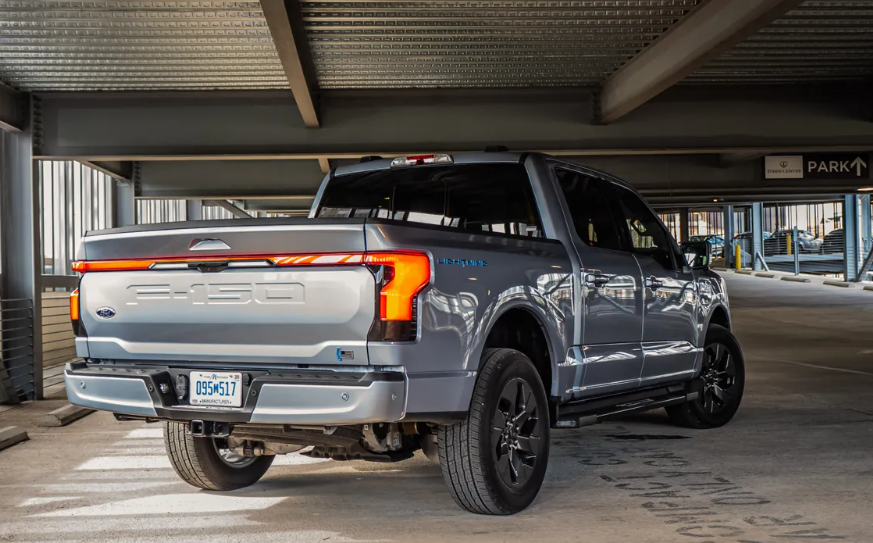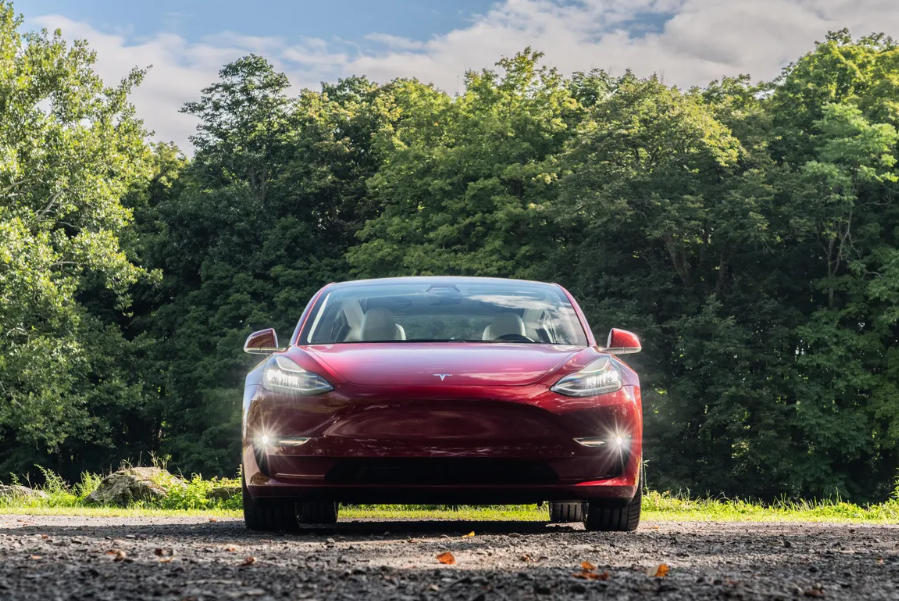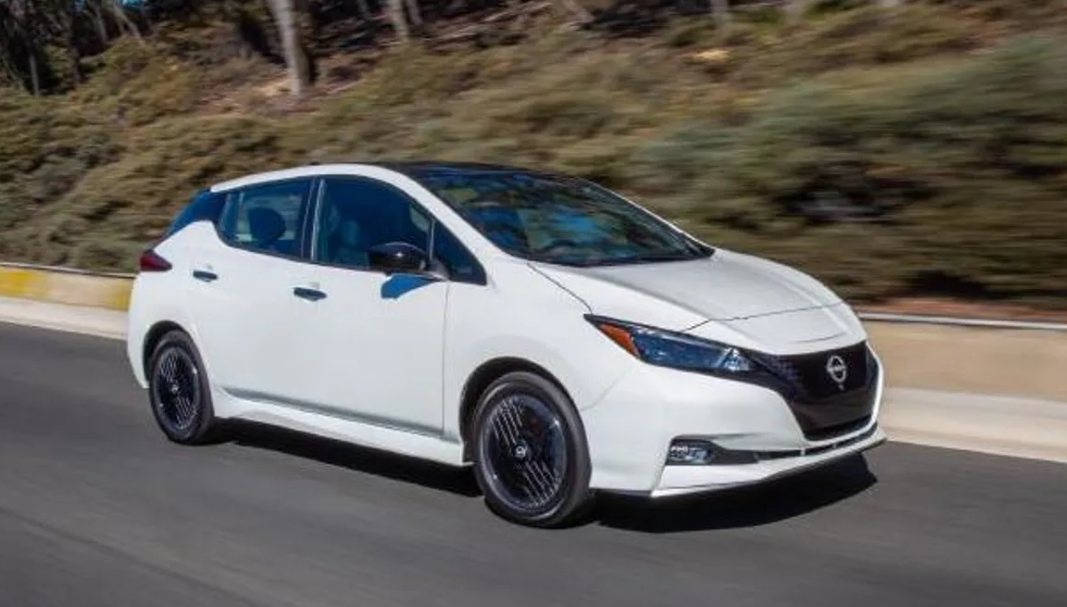Stricter production rules for the electric-vehicle tax credit have rendered many automakers ineligible for the $7,500 tax benefit.
The EV tax credit was divided into two portions by the Inflation Reduction Act of 2022: To qualify for $3,750, any vehicle purchased on or after April 18, 2023 must have at least half of its battery components manufactured or built in North America.
To claim the remaining half, key minerals such as graphite, lithium, and cobalt must be sourced from the United States or a free-trade partner at 40% of their value.
According to the Treasury Department, only a few dozen EV vehicles are still eligible for the entire incentive.
Which vehicles are no longer eligible for the EV tax credit?
According to the Treasury Department, the list of eligible vehicles will certainly rise because several manufacturers have yet to submit updated data. As of April 24, the following EVs no longer qualify for the credit:
- Audi Q5 TFSI e Quattro PHEV
- BMW 330e sedan
- BMW X5 xDrive45e SUV
- Genesis GV70 Electrified SUV
- Nissan Leaf
- Volvo S60 PHEV, Extended Range and T8 Recharge
Which EVs are still eligible for the full credit?
 | |
| The Dearborn, Michigan-produced Ford F-150 Lightning is eligible for the maximum credit. |
- 2022-23 Chrysler Pacifica plug-in hybrid
- 2022-23 Ford F-150 Lightning (standard and extended-range battery)
- 2022-23 Lincoln Aviator Grand Touring
- 2022-23 Chevrolet Bolt and Bolt EUV
- 2023-24 Cadillac Lyriq
- 2024 Chevrolet Silverado
- 2024 Chevrolet Blazer
- 2024 Chevrolet Equinox
- 2022-23 Tesla Model 3 Performance
- 2022-23 Tesla Model Y (Performance, all-wheel drive and long-range all-wheel drive)
- 2023 VW ID 4 (all versions)
Since the agency's initial list of approved vehicles was posted on April 17, 2023, all versions of Volkswagen's 2023 ID 4 are now qualified for the full $7,500 credit. As a result, VW is now the only foreign automaker with a battery-electric vehicle qualifying for the full $7,500 rebate.
"This demonstrates that we made the correct decision to localize ID.4 production in Tennessee and invest even more in battery production, components, and innovation," said VW Group of America CEO Pablo Di Si in a statement.
Which EVs are currently only eligible for the reduced credit of 50%?
 | |
| The Model 3 Performance is the only Tesla that qualifies for the full credit. |
The revised battery and mineral regulations have also reduced the amount of tax relief that many EV owners can obtain. Ford and Stellantis models that were previously eligible for the full credit are now only eligible for $3,750.
The basic Tesla variant 3 is also only qualified for half of the $7,500, whereas the Performance variant is eligible for the entire amount.
The following vehicles qualify for the $3,750 credit:
- 2022-23 Jeep Wrangler 4xe plug-in hybrid
- 2022-23 Jeep Grand Cherokee 4xe plug-in hybrid
- 2022-23 Ford E-Transit
- 2022-23 Ford Mustang Mach-E (standard and extended range battery)
- 2022-23 Ford Escape plug-in hybrid
- 2022-23 Lincoln Corsair Grand Touring
- 2022-23 Tesla Model 3 (standard range rear-wheel drive)
- 2022-23 Rivian R1S
- 2022-23 Rivian R1T
Rivian provided paperwork to the IRS demonstrating that its 2023 R1T and R1S meet the essential minerals criterion, making certain configurations of both vehicles eligible for the $3,750 credit.
Why did the EV tax credit criteria change?
According to Treasury Secretary Janet Yellen, the new standards are intended to cut the cost of zero-emission automobiles for consumers while still helping US manufacturers, while also "strengthening our energy and national security."
More than half (56%) of battery components are currently imported from China, with whom relations have become more strained.
Beginning in 2024, EVs containing battery parts from "a foreign entity of concern" – a category that includes China, Russia, Iran, and North Korea – will be unable to claim any credit.
In 2025, that standard will be applied to key minerals.
Will foreign automakers be able to take advantage of the EV tax credit?
Automakers expected stiffer limitations, and many are already investing in US manufacture in preparation for approval. BMW, for example, is investing $1.7 billion in its South Carolina plant to manufacture EVs and batteries.
Hyundai is constructing a $5.5 billion electric vehicle production plant in Bryan County, Georgia, where it will also manufacture batteries. Starting in 2025, the Korean automaker expects at least 300,000 Hyundai, Genesis, and Kia EVs to be produced yearly.
